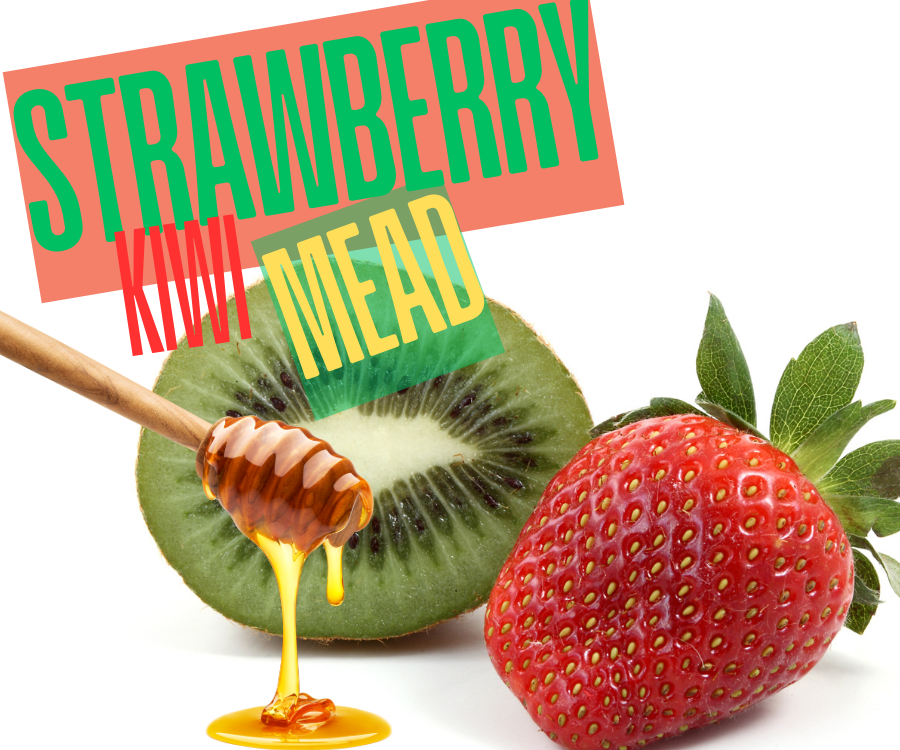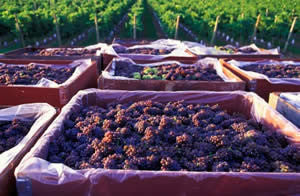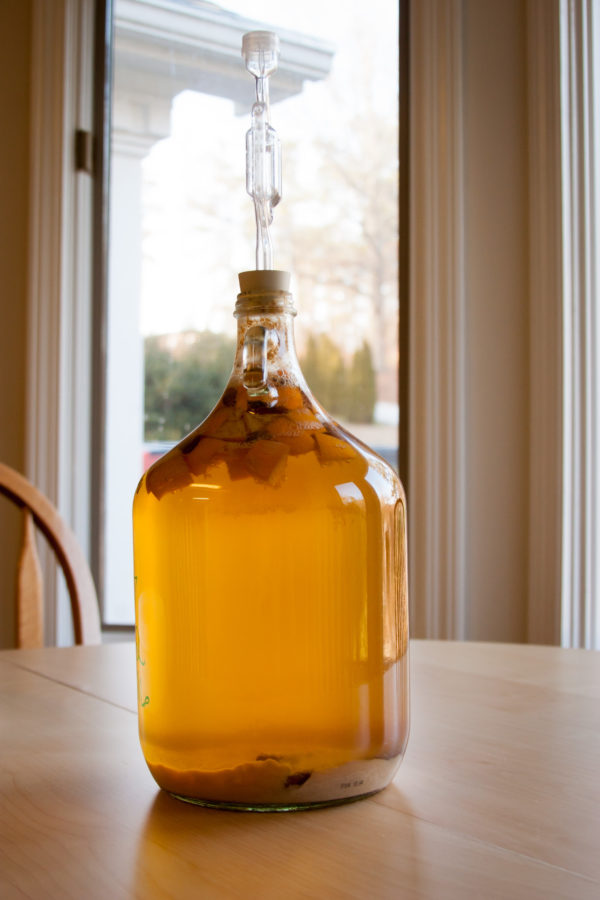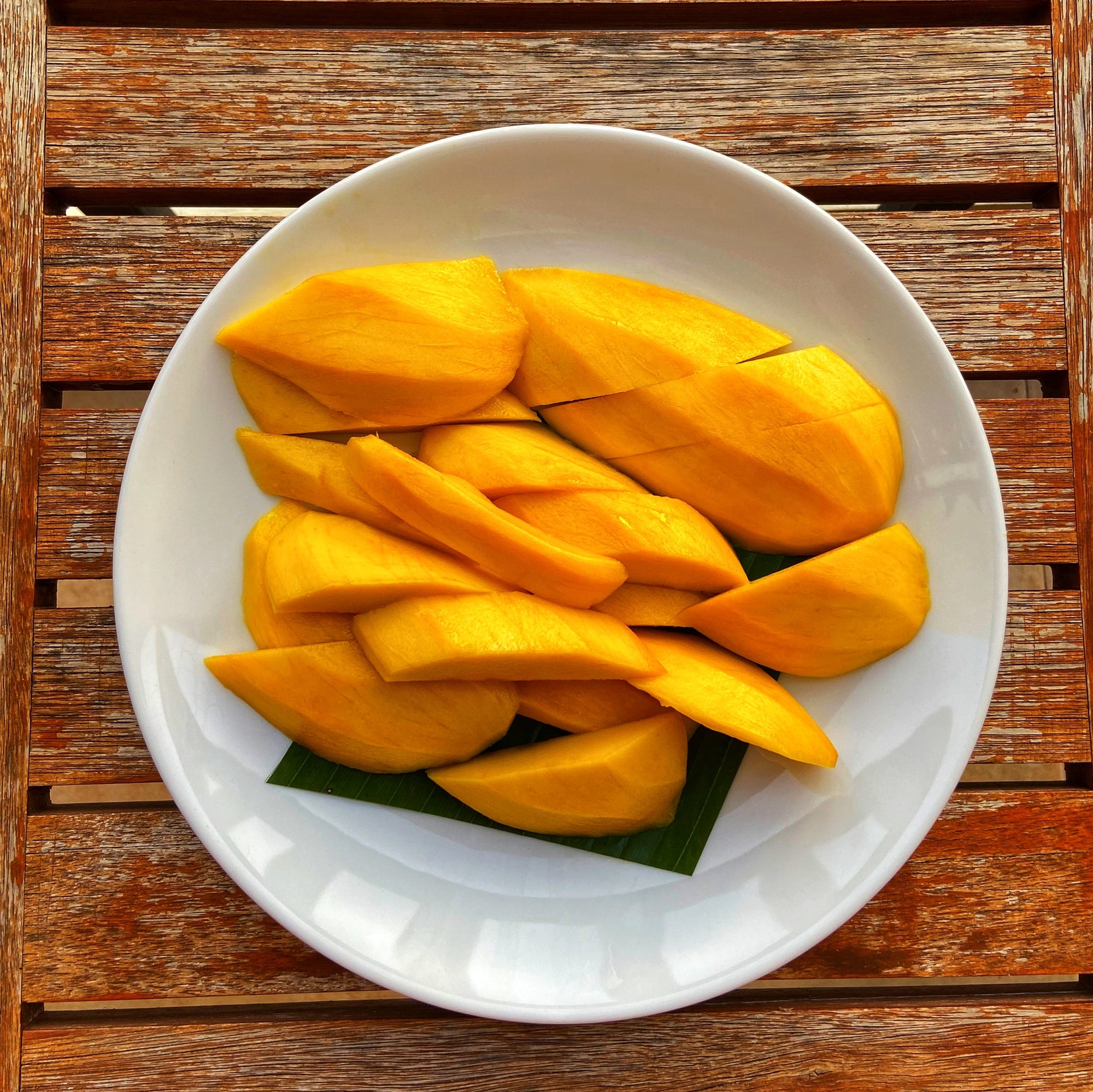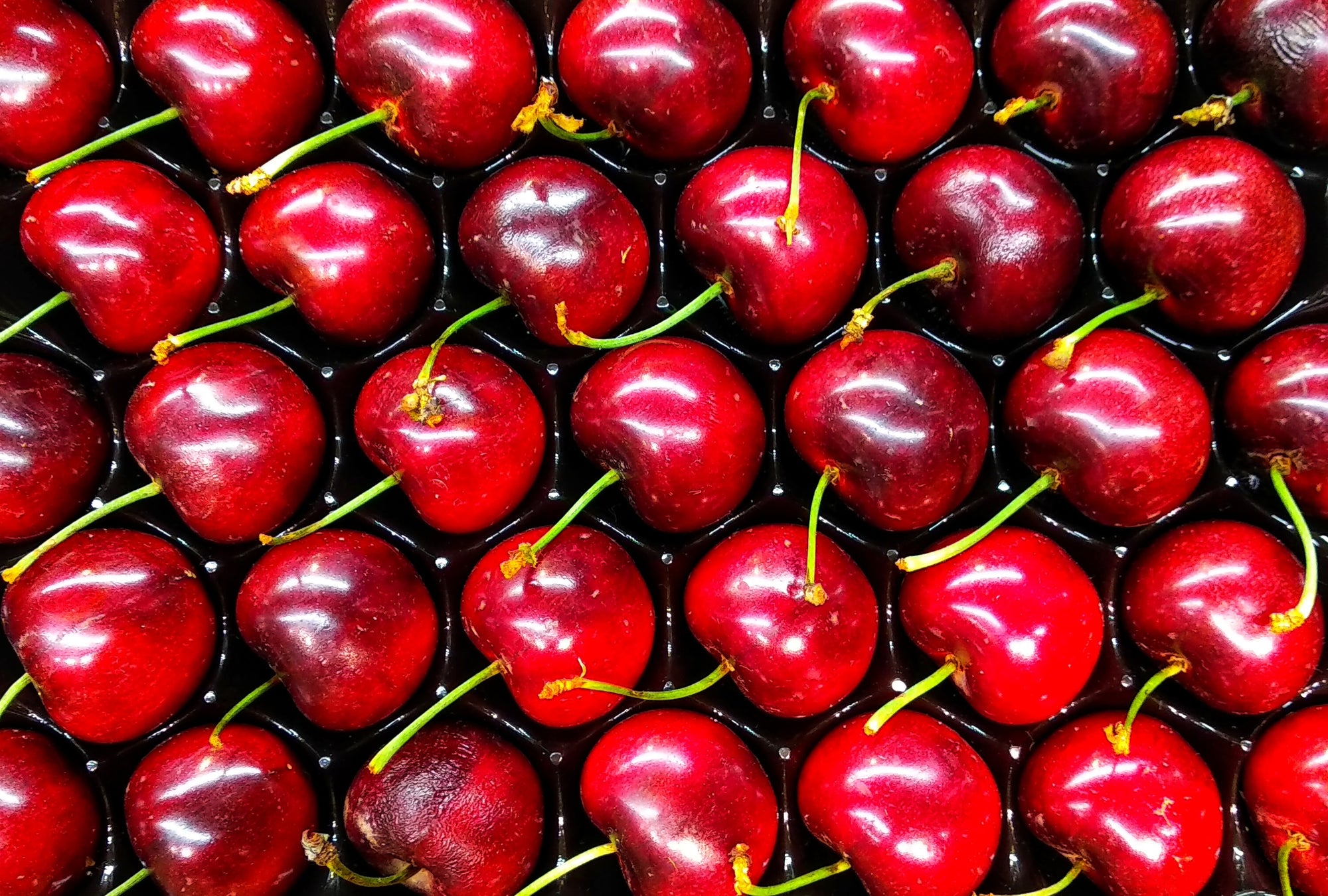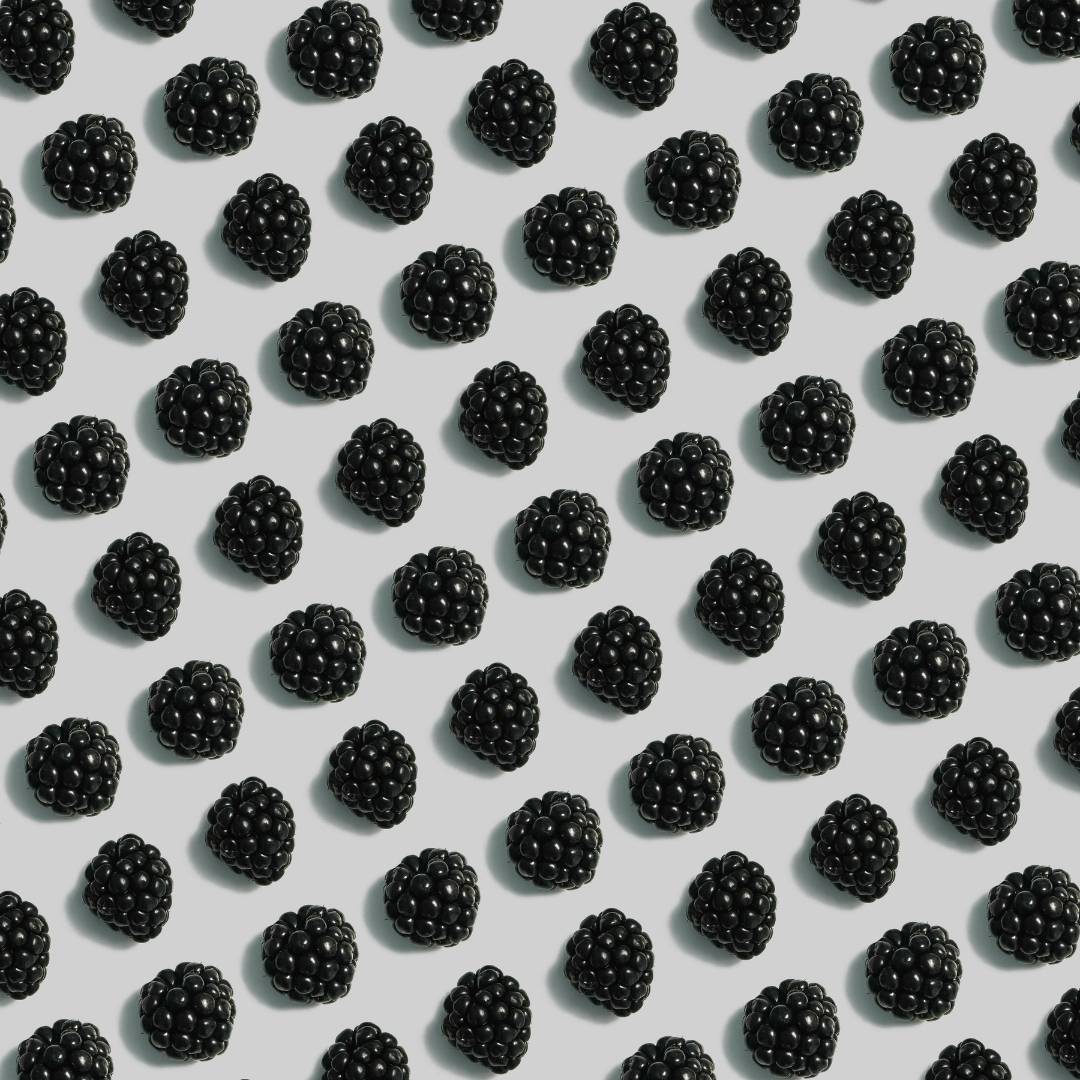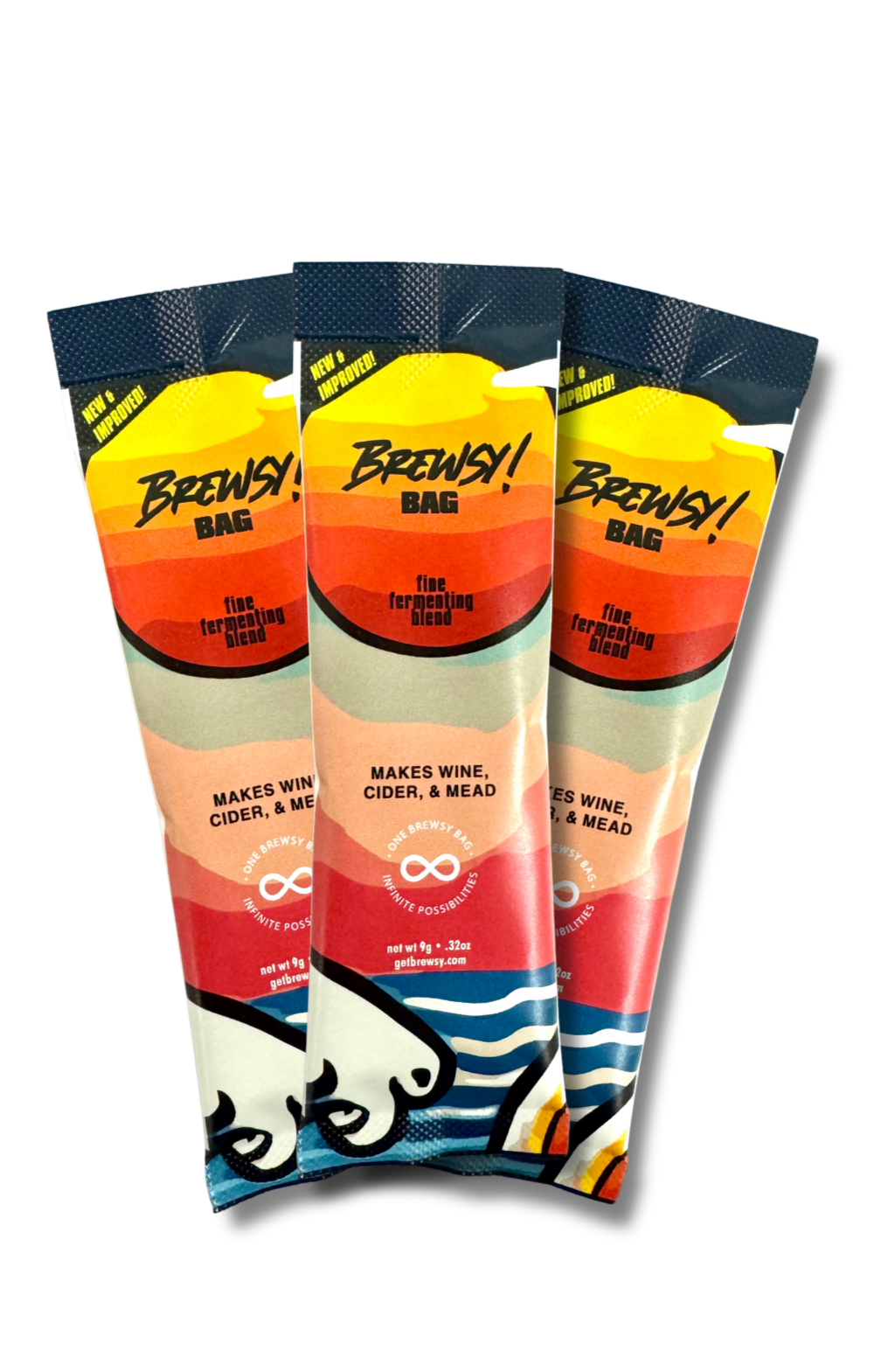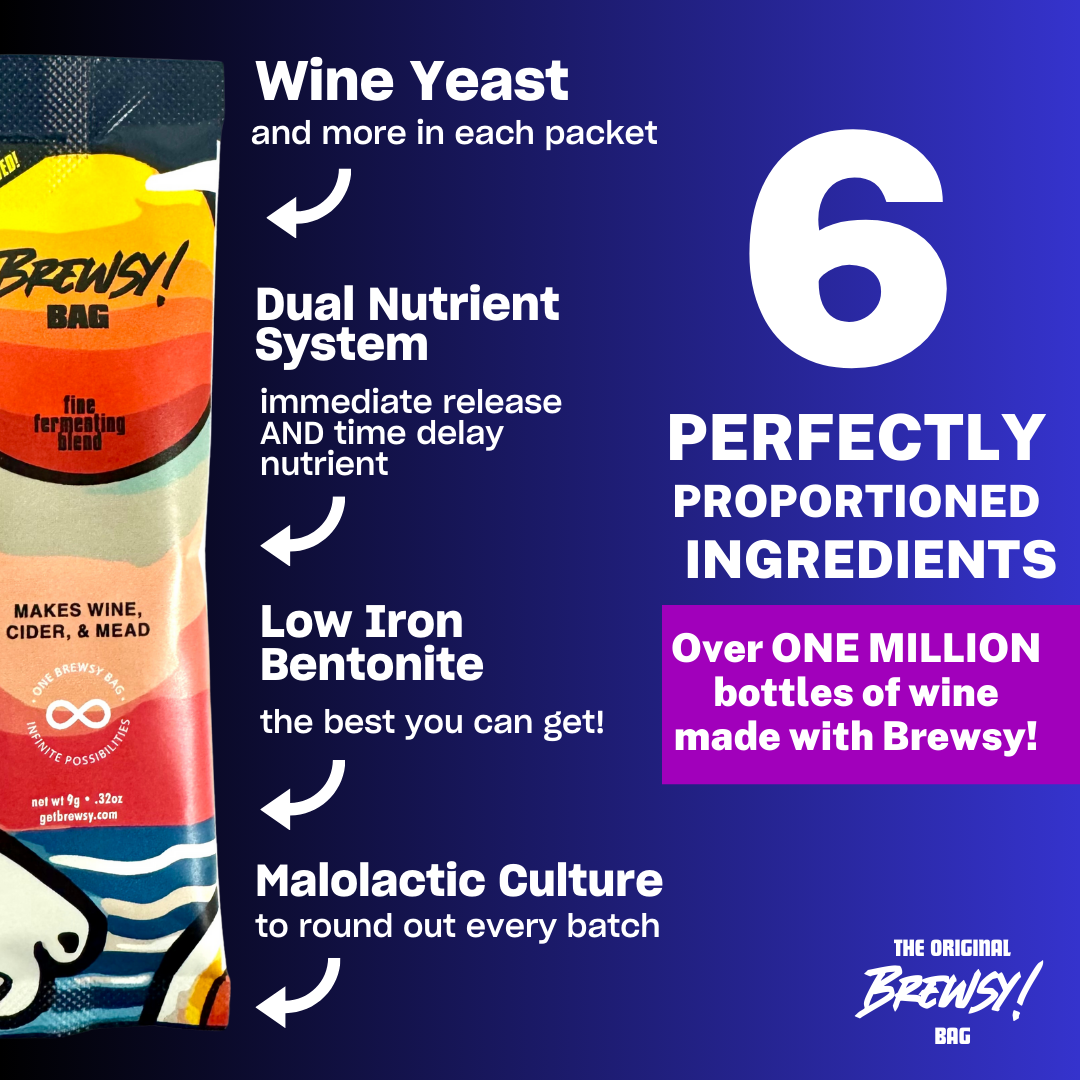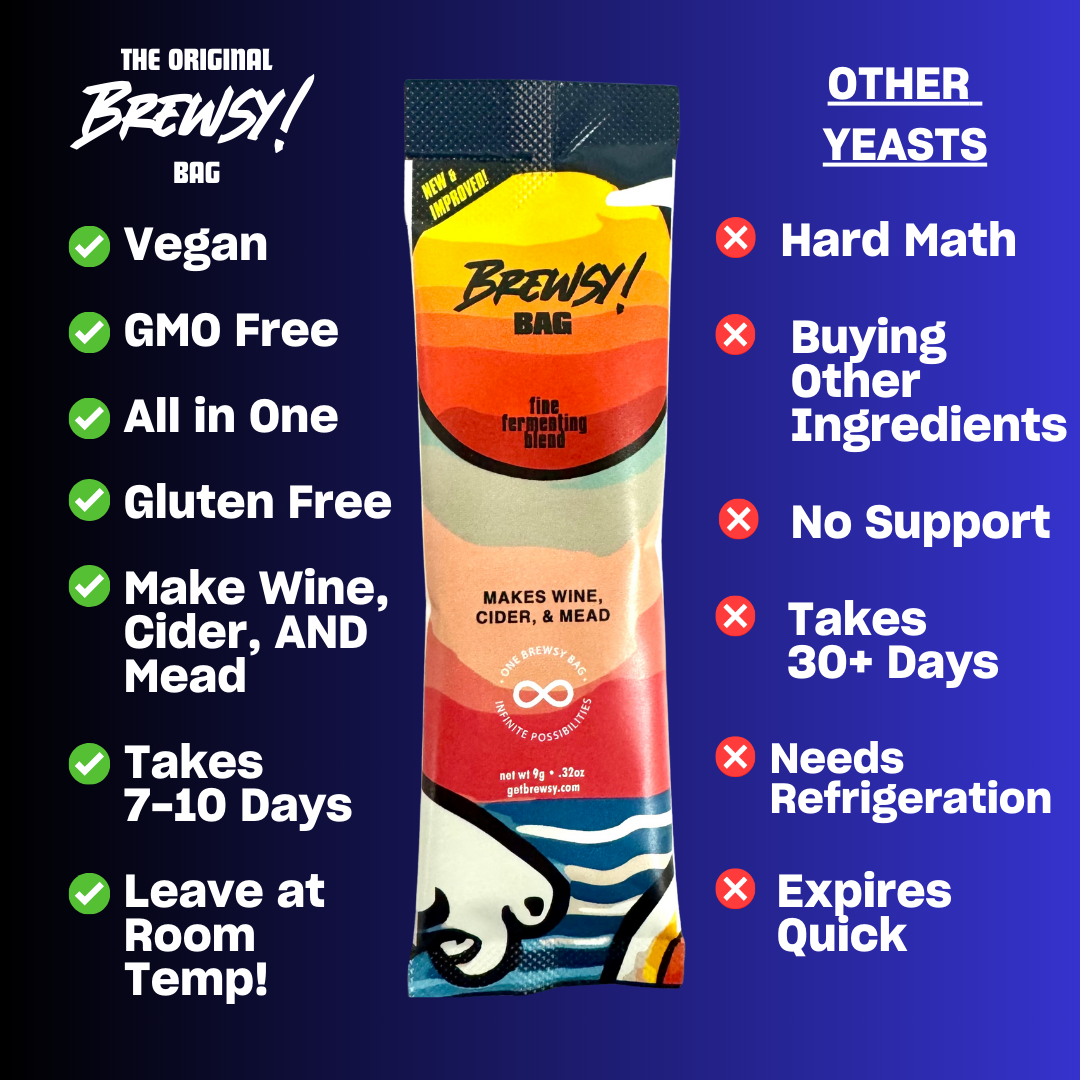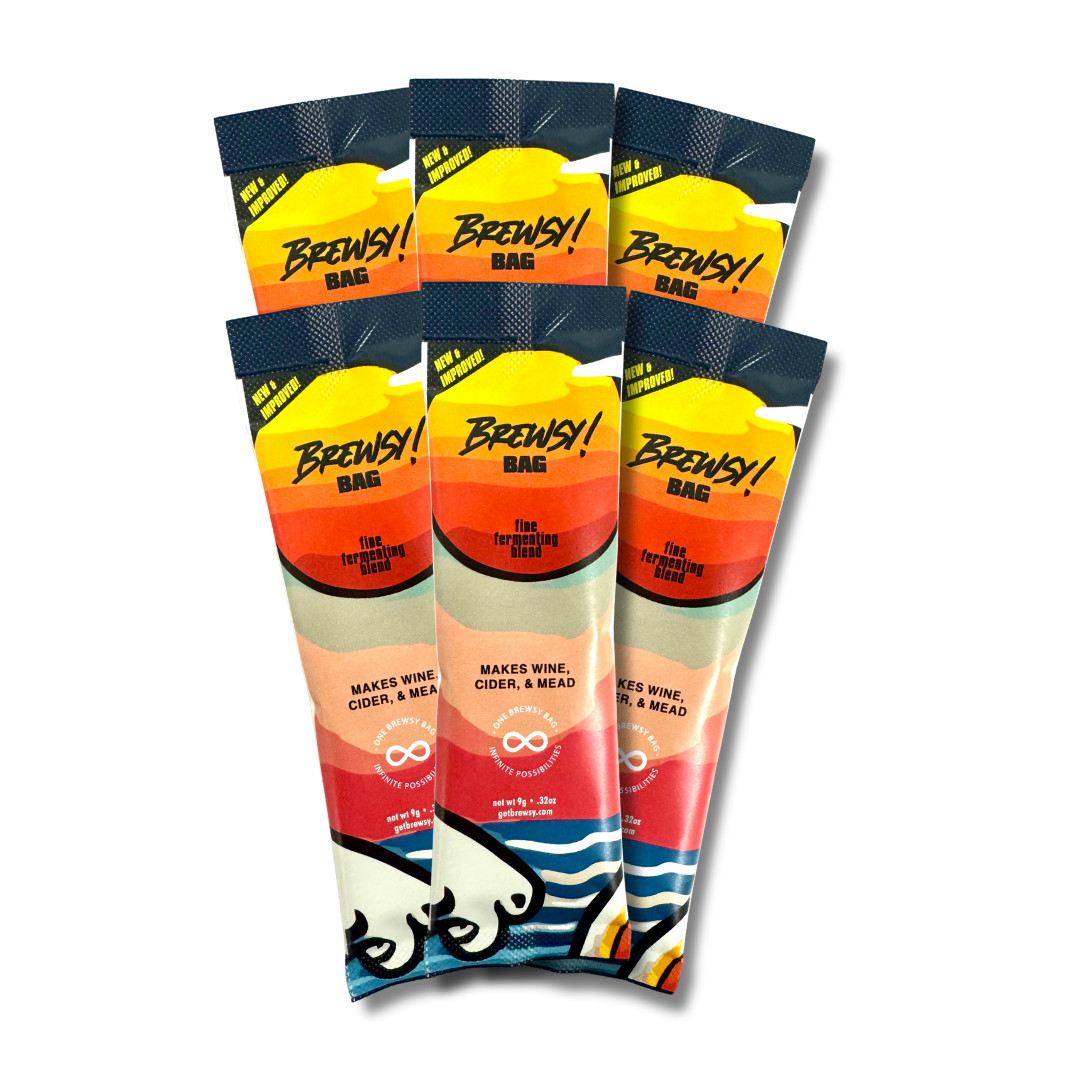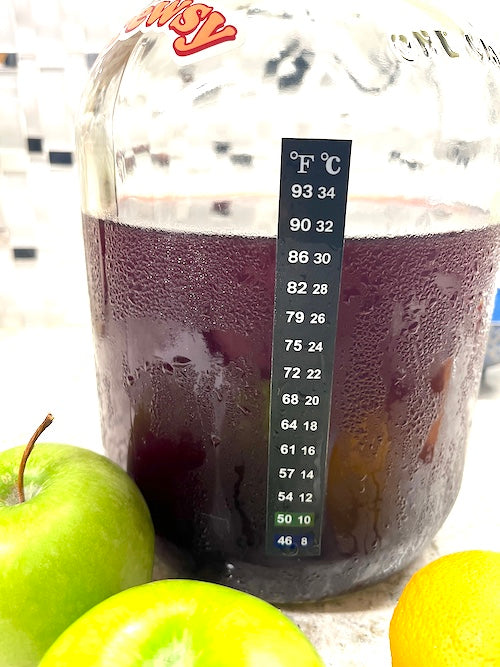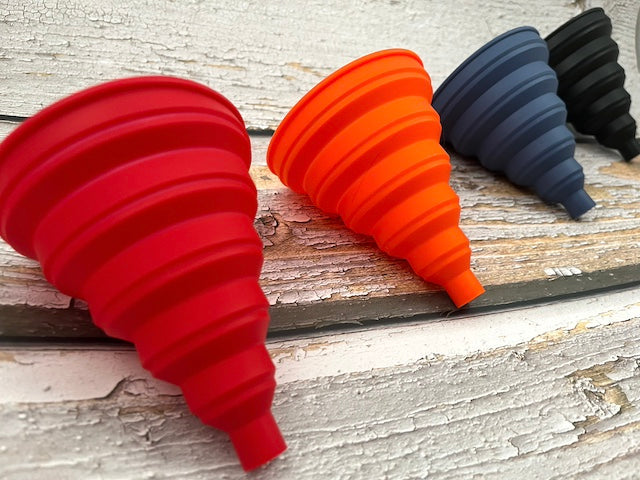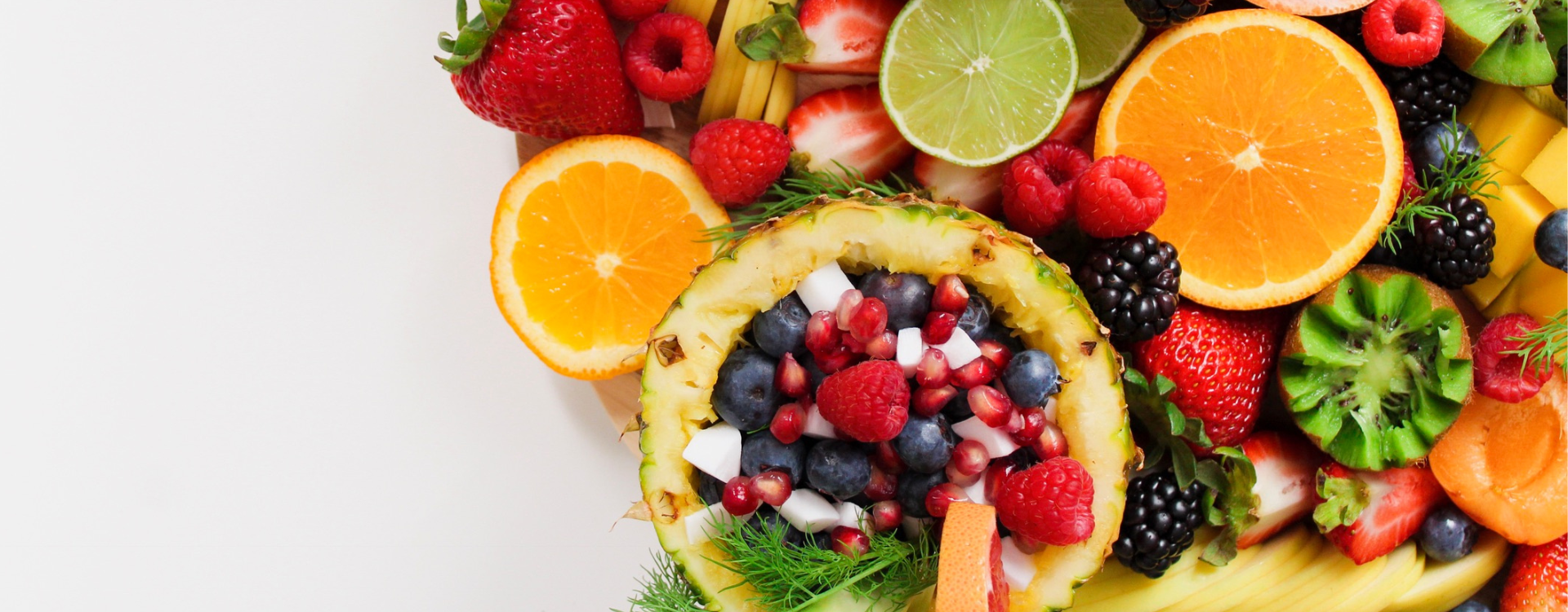
How Much Sugar Is There in Grapes?
Sugar is a naturally occurring carbohydrate that lends sweetness to food, and while sweetness is generally a pleasant flavor in one's mouth, too much of it can be detrimental, so it is only natural that people be aware of their sugar consumption, wine include, so just how much sugar is there in wine?
Starting with what exactly is sugar is that it is, specifically, a soluble carbohydrate. The most common single sugars are fructose, glucose, and galactose. What is normally consumed on a daily basis, though, is what is technically called double sugars which include sucrose and maltose. White sugar is a form of refined sucrose. The most common source of single sugar, however, is honey and fruits.
An upside of consuming sugar is that, since it is a carbohydrate it is a great source of energy needed for various activities. The downside, however, is that overconsumption of sugar can lead to weight gain due to the carbohydrates not being burned, thus, becomes fat. In line with that, certain people avoid sugar by using alternatives such as stevia or following a keto diet.
Fruits, more often than not, almost always seem to have just the right amount of sugar to taste just right, and grapes are no different. The amount of sugar found grapes, however, can vary depending on a number of factors such as terroir (the environment in which the grapes grew including climate), as well as the varietal. Although most grapes look the same, they can vary in both sugar content as well as tastes.
Sugar content can vary from 16-23 grams. Do not worry, that is per cup, not per grape.
Some grapes such as Sauvignon Blanc tend to become sweeter when grown in colder climates which, in a way, makes sense considering that ice wine is typically a very sweet wine, a dessert wine. With that particular varietal being mentioned, though, shows that, normally, white wine can usually be naturally sweeter than red wine.
All that being said, however, even when the sweetest grape is used, and more sugar added to the must for fermentation, it is still possible to make low-sugar or keto wine. Long story short, the trick is to let the brew ferment until it runs bone dry. Bone dry is a sweetness level of less than 0.5% residual sugar, meaning that the sugar content is so low that taste buds can rarely detect sweetness which makes it an excellent wine for those watching their sugar intake or following a low-carb/keto diet.
In excess, sugar can eventually be detrimental to one's health, however, when consumed in moderation it makes the perfect companion to a good meal. The sweetness of a good white wine can go well with several cheeses and cured meats, while a nice dry wine can go well with roasted vegetables or rich fish such as salmon.
In the end, it is always a good thing to know how much sugar grapes have because it can help you determine how much additional sugar you need to add to create a great wine at home.

